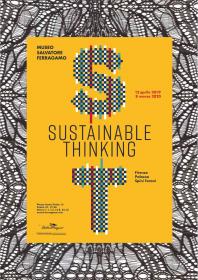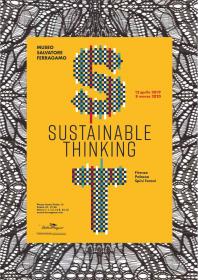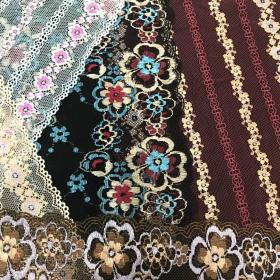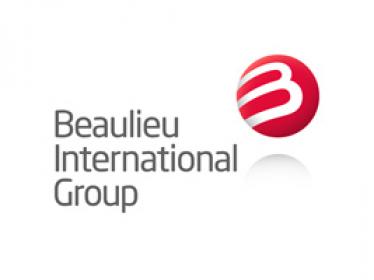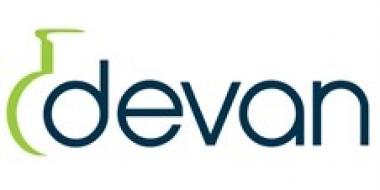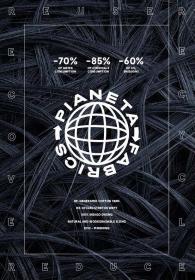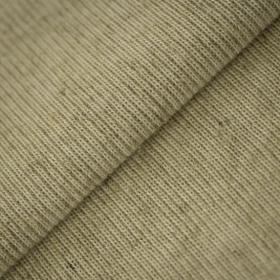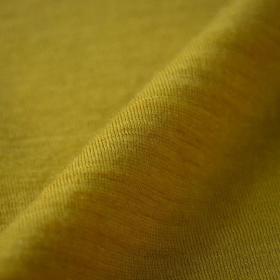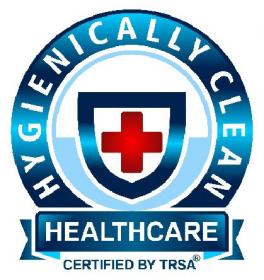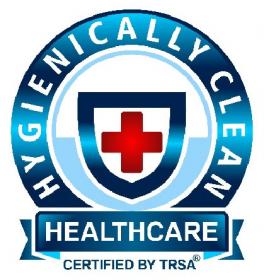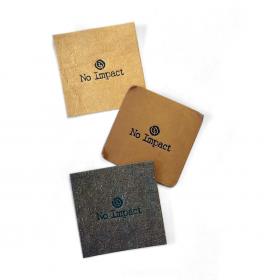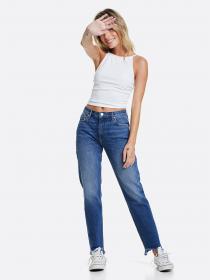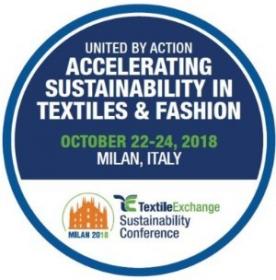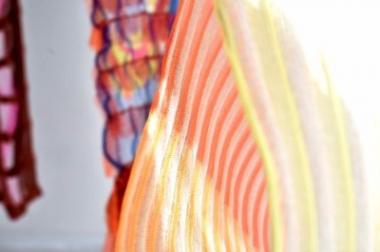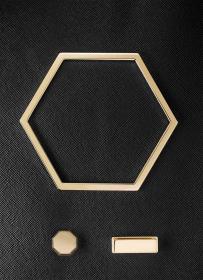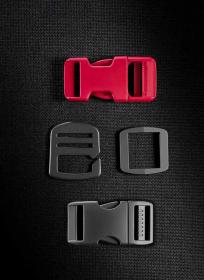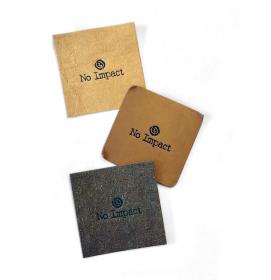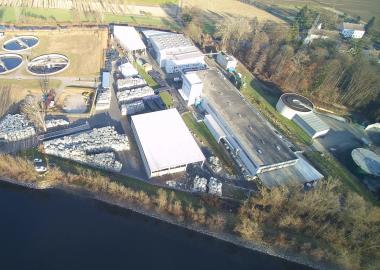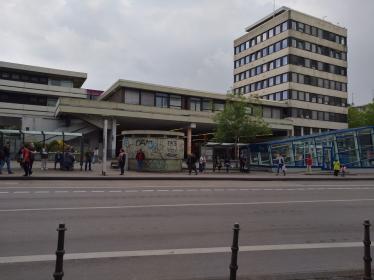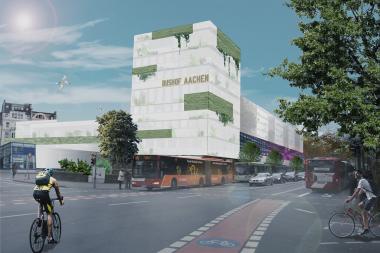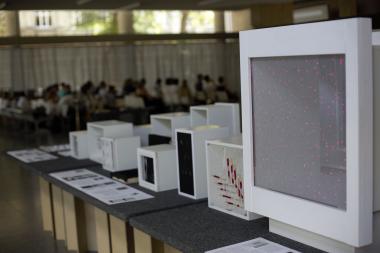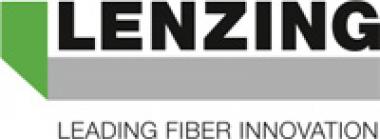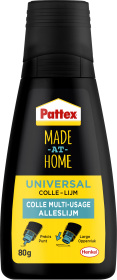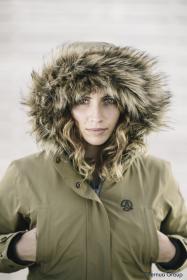ILUNA Group’s precious sustainable innovation
- Interfilière Shanghai, 26th-27th September 2019, Booth 1C11
Able to offer an alchemy of design and sustainable features, Iluna Group with ROICA™ by Asahi Kasei join the latest edition of Interfilière Shanghaiwith a range of developments capable of combining innovation, aesthetics and quality.
"Ethical" lace and stockings, where quality standards go hand in hand with fashion content, respecting both the environment and humans, an offer already selected among the protagonists of the Sustainable Thinking Exhibition of the Salvatore Ferragamo Museum, for its value in the field of responsible innovation.Experts in the production of stretch lace since 1985 ILUNA today represents the largest European laces’producer.
Thanks to the effectiveness of their responsible innovation strategy, Iluna Group has been the very first lace producer to have gained the GRS(Global Recycled Standard) for their transformed products together with the company certification STeP (Sustainable Textile Production by Oeko –Tex®).
A relevant achievement for the firm that, thanks to the Green Labelcollection, now even richer, make responsible innovation an asset for production that focuses on smart ingredients as ROICA Eco-Smart™ family andQ-Nova® by Fulgar.
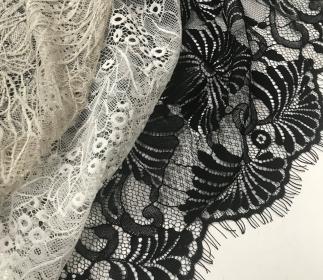 (c) ILUNA Group GRS certified laces by Iluna Group with ROICA™EF
(c) ILUNA Group GRS certified laces by Iluna Group with ROICA™EF
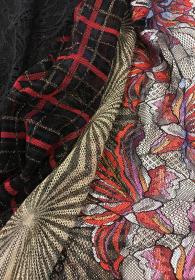 (c) ILUNA Group Multicolor laces by Iluna Group with ROICA™EF
(c) ILUNA Group Multicolor laces by Iluna Group with ROICA™EF
ILUNA Group, ROICA, partnership, certified materials Sustainability Asahi Kasei ROICA™
ILUNAGroup
GBNetwork


